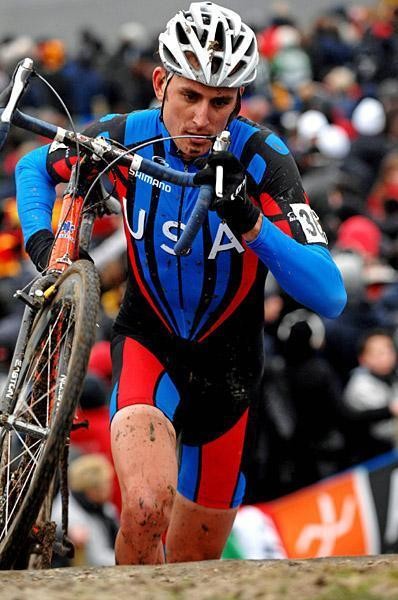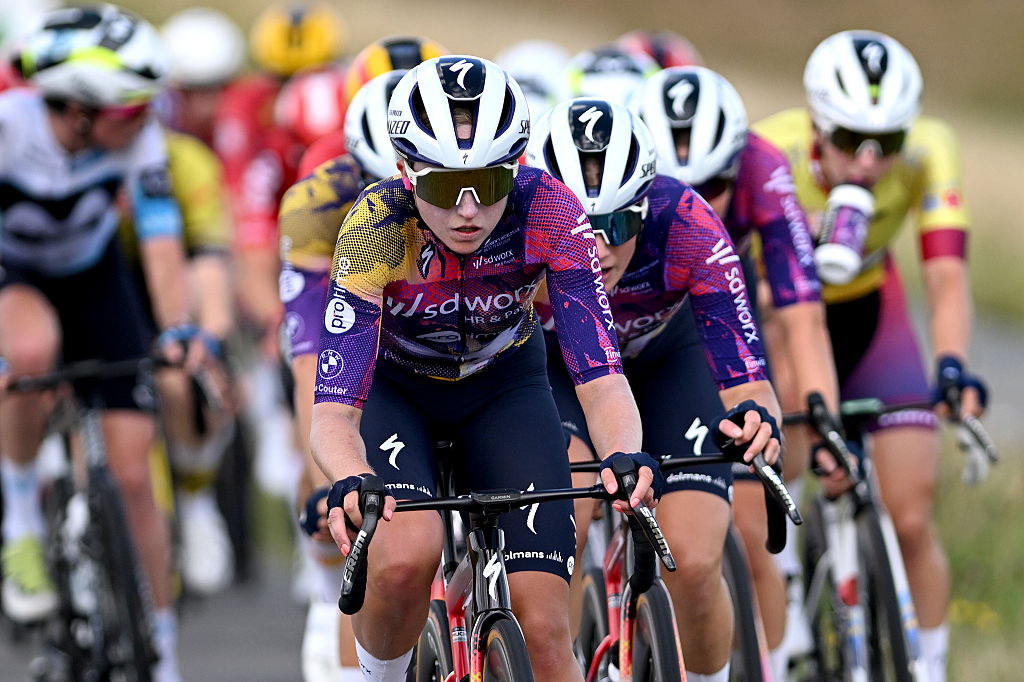USA cycling's take on 'cross
In a two-part interview with Cyclingnews' Mark Zalewski, USA Cycing's CEO Steve Johnson spoke about...
The latest race content, interviews, features, reviews and expert buying guides, direct to your inbox!
You are now subscribed
Your newsletter sign-up was successful

In a two-part interview with Cyclingnews' Mark Zalewski, USA Cycing's CEO Steve Johnson spoke about his organisation's view of cyclo-cross and responded to criticism that the organistaion doesn't do enough to support this rapidly growing sector of the sport. Below is an excerpt from that feature.
"Cyclo-cross has a lot of intrinsic momentum. It is exciting and remarkable to see the growth in this country," Johnson said. But despite his enthusiasm for this branch of cycling, it doesn't receive the same level of support that Olympic disciplines get. Some riders, like national champion Ryan Trebon, have voiced their displeasure over the lack of support, particularly the monetary kind - despite pulling in medals at the world championships.
In response to this, Johnson was up-front about the choice to focus on the Olympic disciplines because they simply get more recognition. Despite his claims that judging performance based on medal counts is flawed, Johnson concedes it's the reality. "It is a limited resource pie, so we have focused on Olympic competitions as our primary opportunities. We have focused our funding and development resources there, and will continue to do so. Given that there is never enough time, money or people to go around, we have to be careful as we expand our programs.
"With that said, we have had a smaller group of funded athletes per capita that we send to cyclo-cross worlds than we send to road or track worlds. But for an organisation like ours that is graded on medals we have to be cognisant of our expectations when deciding funding for programs.
Johnson also turned the question back around, pointing out that top-level riders are sponsored individually, and that some funding can, and should come, from that avenue. "Cyclo-cross has a top level of the sport, like other sports, it is a professional environment. The athletes have relationships with their own personal sponsors, and so to create a traditional national team model doesn't work. We can't force our riders to ride our sponsor's bike, to use equipment - nor do we want them to have to. But that limits our opportunities to go out and secure sponsors and not have a guarantee."
"We try to look for alternative sponsorships and leverage existing sponsorships to fill-in as needed," adds Johnson. "But it is mostly about providing logistical support like housing and food for our athletes to get to international competition."
The latest race content, interviews, features, reviews and expert buying guides, direct to your inbox!

Laura Weislo has been with Cyclingnews since 2006 after making a switch from a career in science. As Managing Editor, she coordinates coverage for North American events and global news. As former elite-level road racer who dabbled in cyclo-cross and track, Laura has a passion for all three disciplines. When not working she likes to go camping and explore lesser traveled roads, paths and gravel tracks. Laura specialises in covering doping, anti-doping, UCI governance and performing data analysis.
